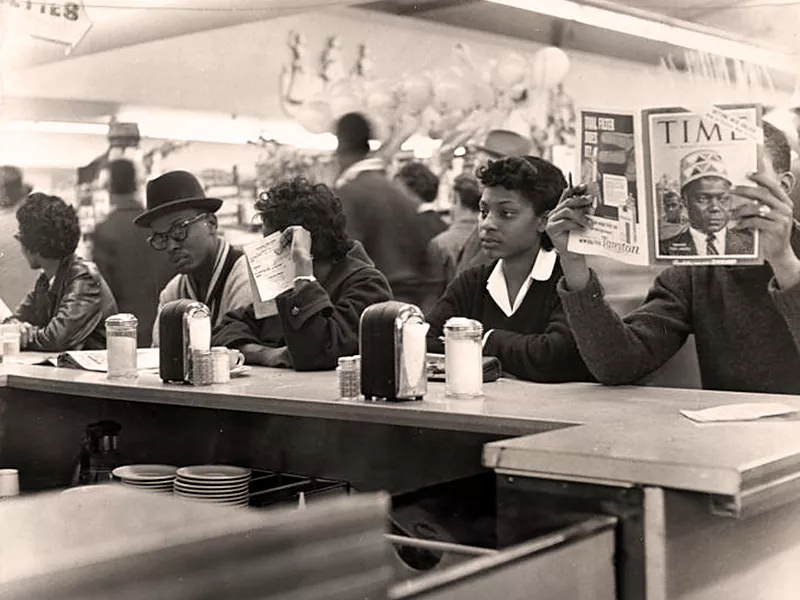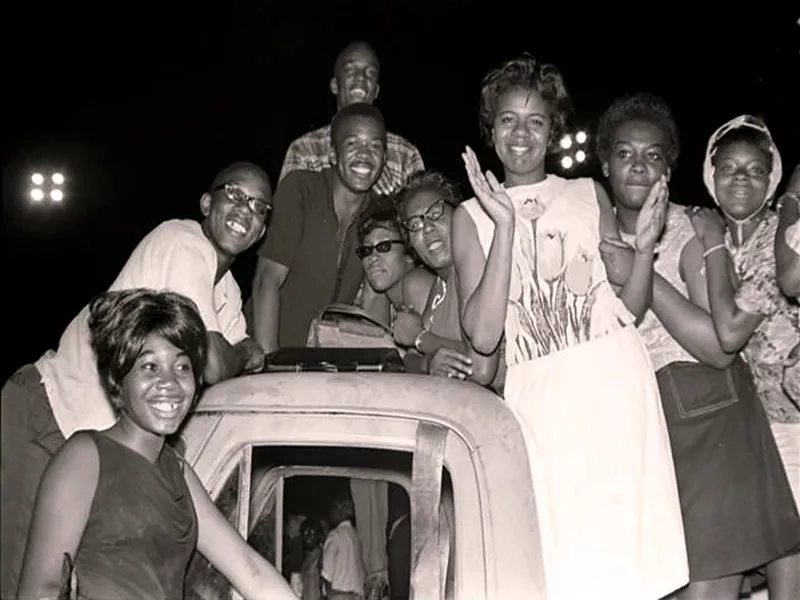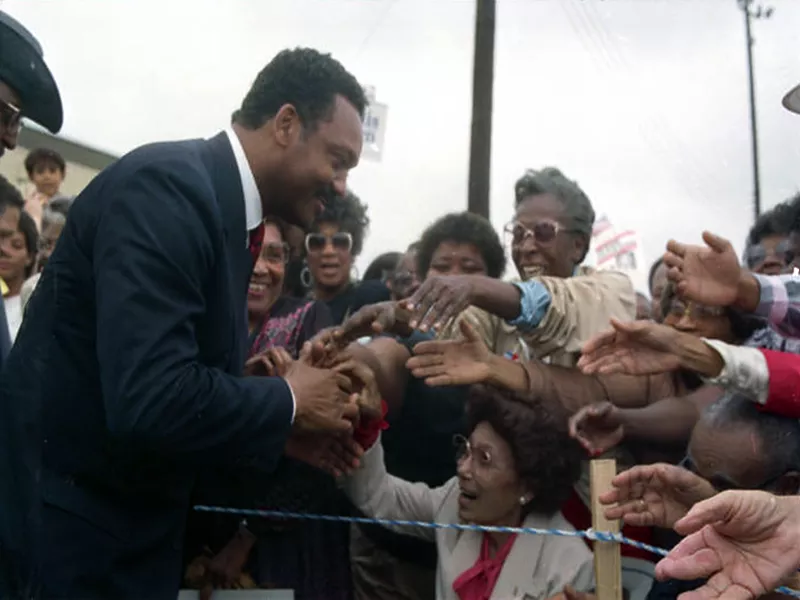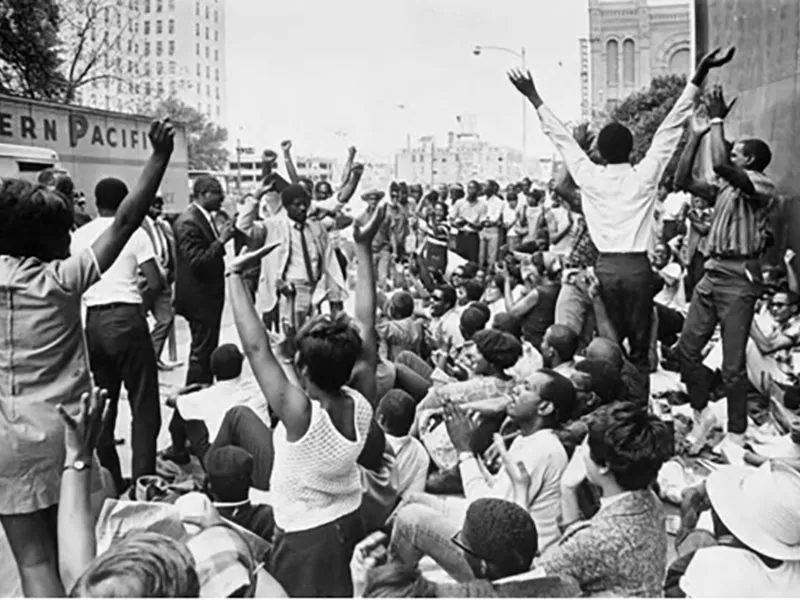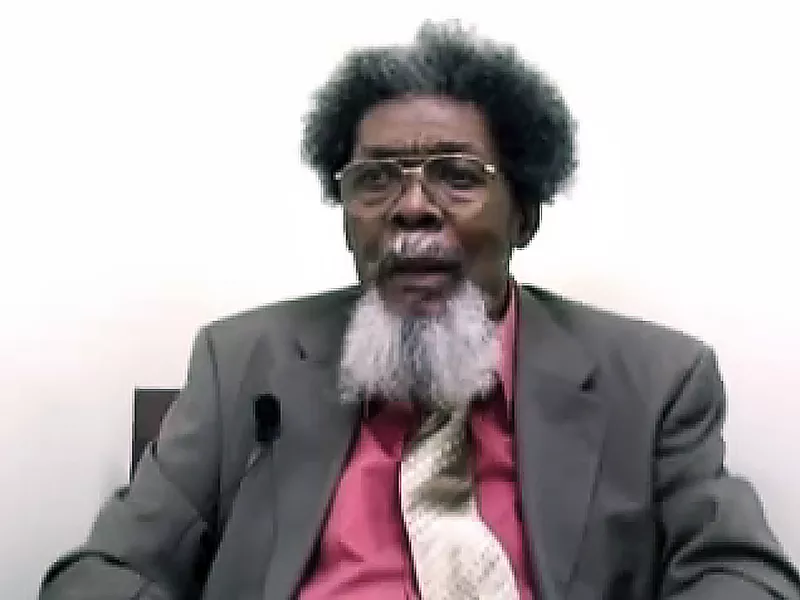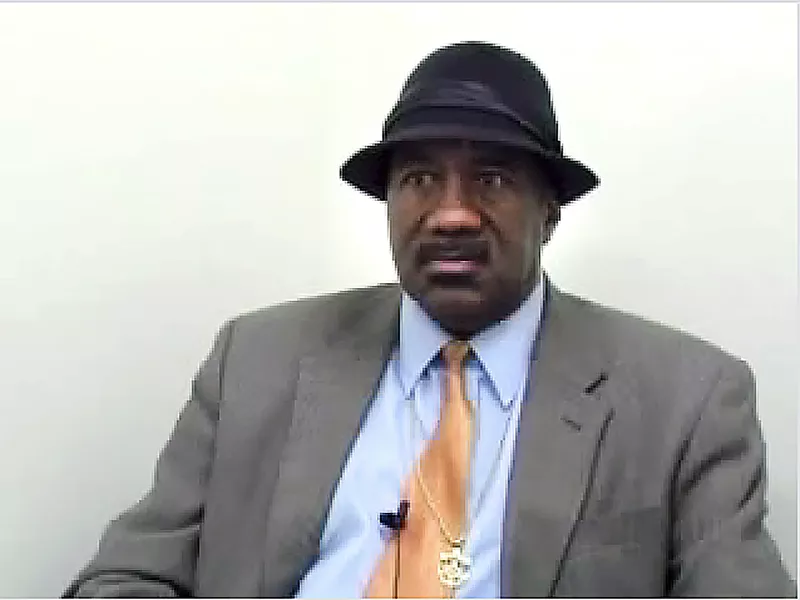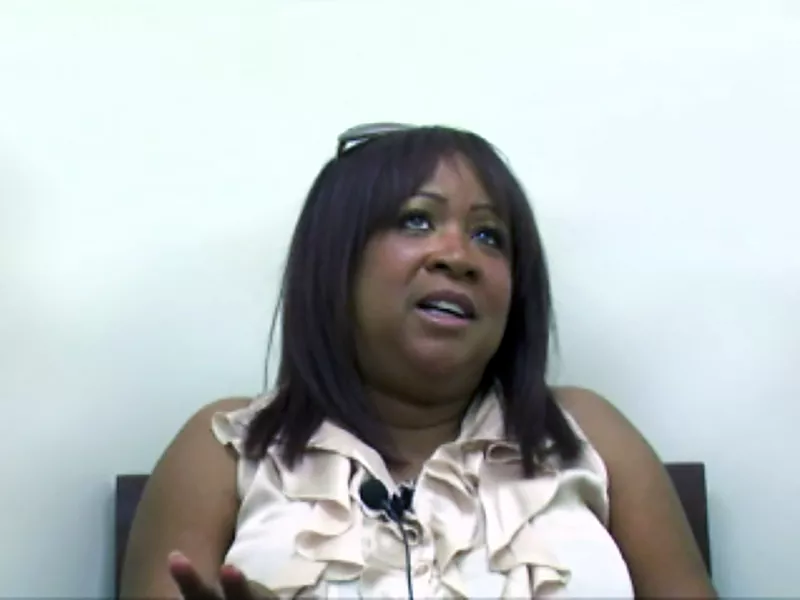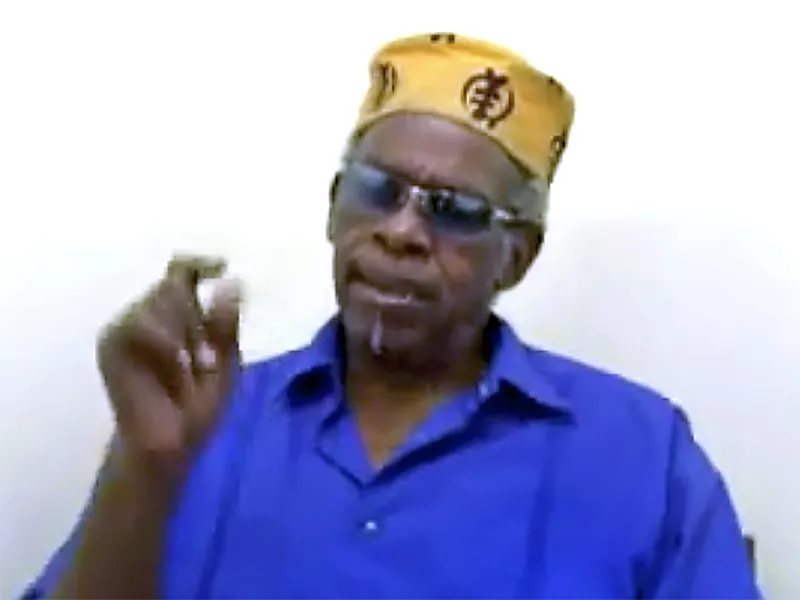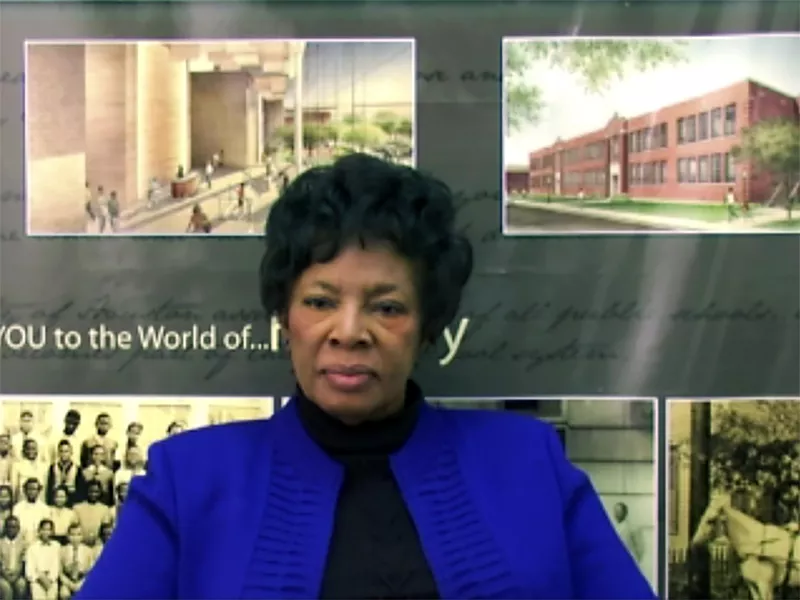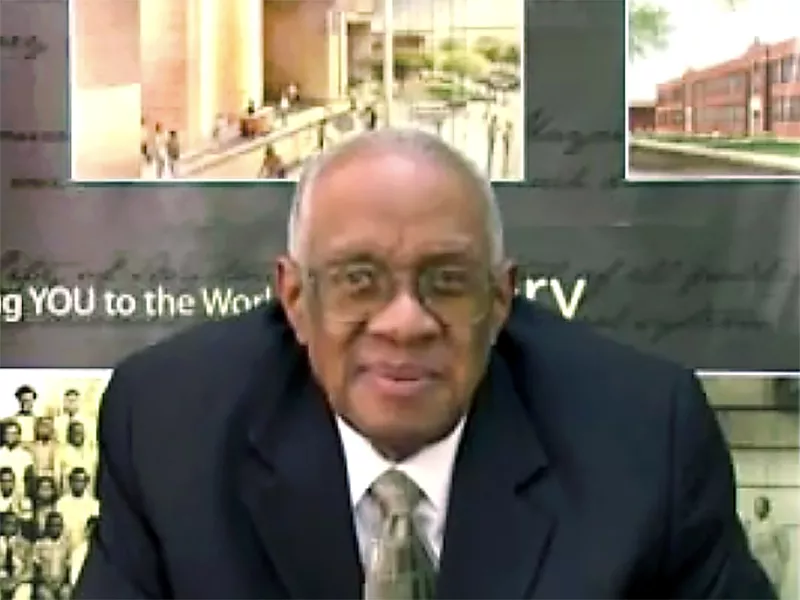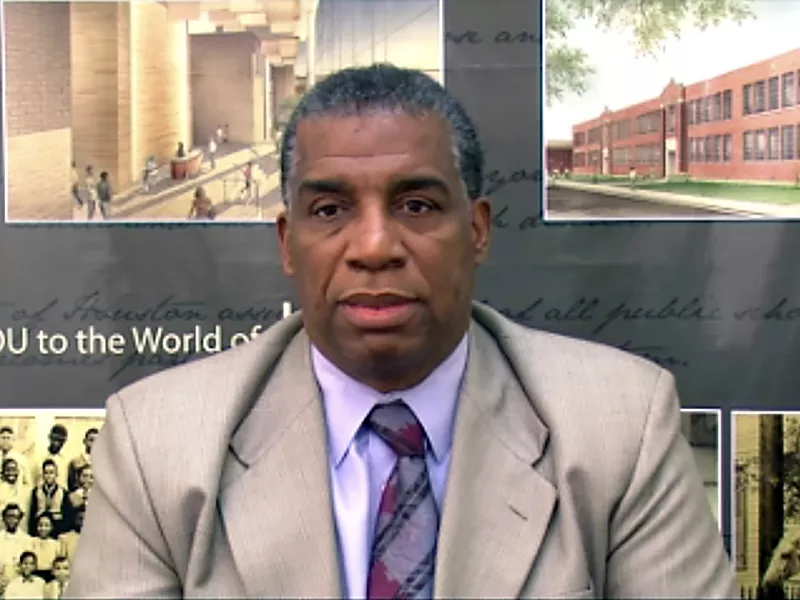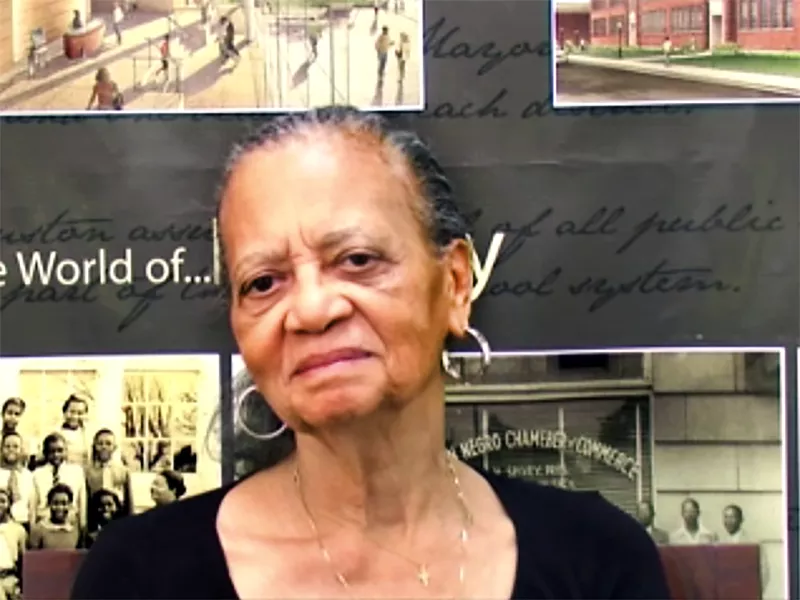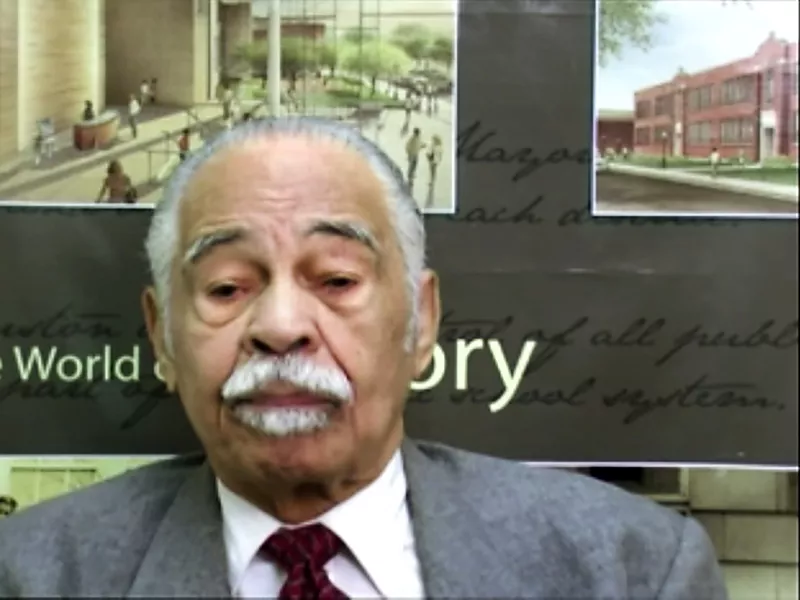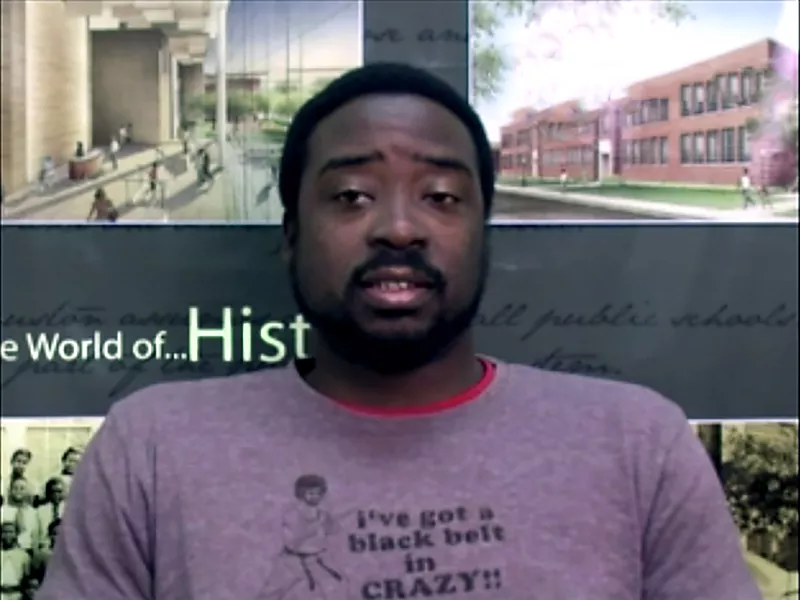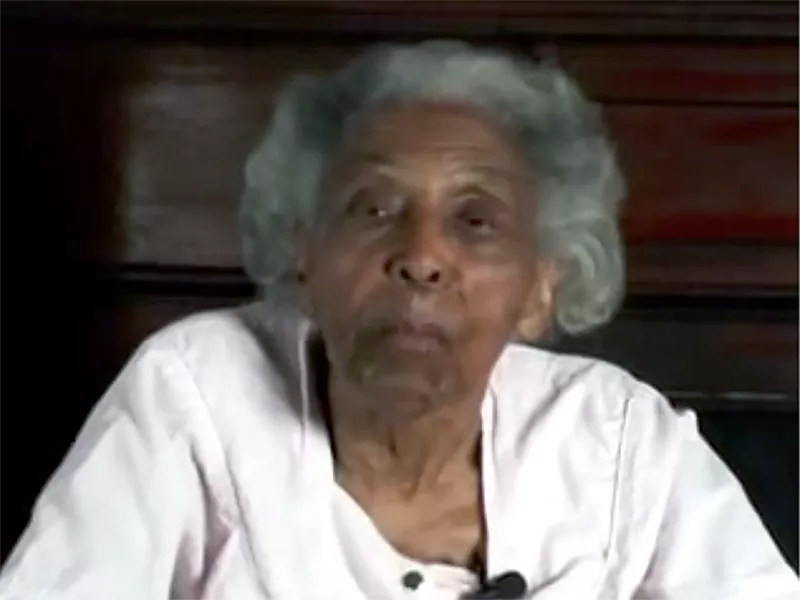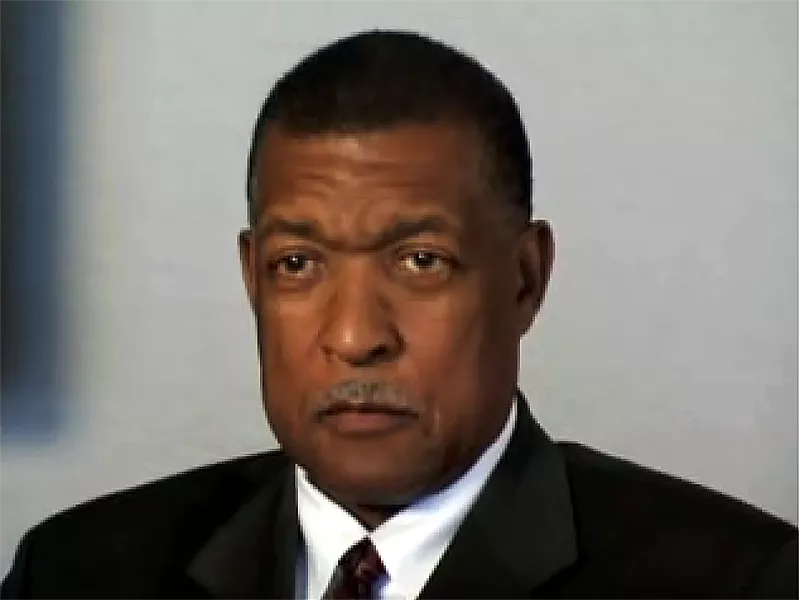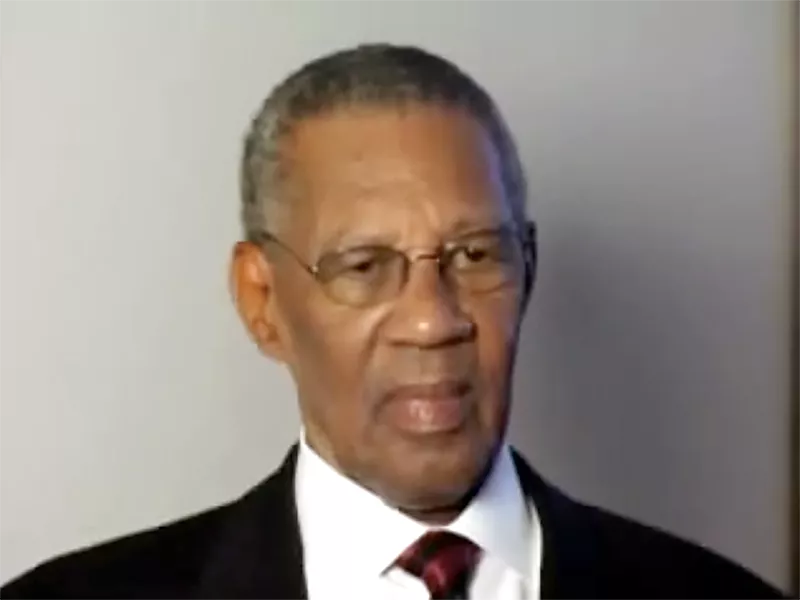The act of protest is an undeniable force that works to draw people together, often by courageously resisting injustice to achieve positive social change. After the murder of Houston native, George Floyd in Minneapolis, people around the world have come together to fight the racial imbalances within our constitutional democracy. These protests are highlighting the importance of maintaining a balance between individual rights; liberty and equality; civil disobedience, and the rule of law.
The advent of social media and its subsequent ubiquity has increased the number of photographs and videos used to chronicle everyday life. The immediate dissemination of shocking and disturbing images plays a powerful role in this new movement against – race and social inequality movements in America- and in the world while helping to finally shed light on racial injustice and violence. These radical changes in the media landscape have made it impossible for Americans and the world to turn their backs to the plights of marginalized citizens.
Witness to the Truth, the virtual portal, from Houston Public Library Special Collections archives: The African American History Research Center and the Houston History Research Center presents a glimpse into Houston’s history of protest. With striking images and oral histories, the works capture profound changes that have taken place in Houston beginning during the 1960s Civil Rights Movement, through Texas Southern University’s Weingarten's sit-in in 3rd Ward to today’s Black Lives Matter Movement including the marches from Houston’s Discovery Green to City Hall, protesting the murder of Mr. Floyd.
As different groups in Houston and across the globe continue to experience oppression based on such constructs as race, gender, social status, and sexual orientation and while the cultural and political climate continues to evolve – movements will continue to gain momentum and arise. It is through this act of protest that people are able to collectively and effectively resist while expressing their non-acceptance of the unjust.
Please click the mural of George Floyd below to access the George Floyd Memorial.
Bobby Caldwell
Bobby Caldwell discusses his work as a lawyer in several civil rights cases, his work relationship with the Black Panther Party and the People's Party, and several life defining moments such as winning his first case, his first trial, and the death of Carl Hampton.
Rodney Griffin
Rodney Griffin discusses his experiences in the first desegregated Houston high school chess tournament in the 1960s. He reflects on the different attitudes and the relationships he shared with other tournament participants.
Debra Castleberry
Debra Castleberry, daughter of former Gregory teacher and oral history participant Ernestine Mitchell, discusses attending Gregory and Turner elementary schools, racism during segregation, and developing a career in education like her mother.
Ester King
Houston social activist Ester King discusses growing up in Acres Homes and his involvement with several civil rights case in Houston.
May Walker
Constable May Walker discusses her journey to becoming the first female and first African American female Constable in Harris County as well as the state of Texas.
Dr. Virgil Wood
Church leader, educator, civil rights activist and author Dr. Virgil A. Wood discusses his life and involvement in the Civil Rights movement alongside Dr. Martin Luther King, Jr.
El Franco Lee
Harris County's first African American commissioner, El Franco Lee, shares his experiences growing up and serving Houston.
Cora Johnson
Active community leader Cora Johnson discusses her life and community work including awards received and a park named after her.
Thomas Freeman
World renowned professor and coach of Texas Southern University's debate team, Dr. Thomas Freeman recalls 60 plus years as an educator at Texas Southern University.
Noah Rattler
Activist, humanitarian, and author Noah Rattler discusses his monumental walk from Houston, Texas to Los Angeles, CA to raise awareness of homeless in America.
Hazel Hainsworth Young remembers the Camp Logan Mutiny of 1917
They say that the soldiers had said something, or an officer had said something to a black woman. The soldiers resented what they were saying to the black woman. And that is how they say the riots started. …they had all of them shot, which was such a terrible thing I felt as a child.
Gene Locke remembers change
…I was in Houston after the Civil Rights Bill was passed and I knew how segregated Houston was before then . . . I was looking to see if there was any radical overnight transformation of Houston and there was not. …it happened in Houston a heck of a lot faster than it happened in most parts of Texas, and certainly a hell of a heck of a lot more expeditiously than it happened in East Texas where I am from. …So, in fairness to Houston, there was a reluctant change but there was a definitive change and it happened. So, those few years in Houston leading up to becoming a college student were very, very helpful for me. and action The early 1960s were marked with massive confrontations, sit-ins, marches and demonstrations that produced a lot of legislation but is the latter half of the 1960s that really took things to another level altogether, both in terms of nonviolent activities and unfortunately, in terms of violent activities. And there was a lot of anger with the war in Vietnam, a lot of anger with race relations in the country, and a feeling in the African American community that, by golly, things are not moving fast enough at all.
Rev. Bill Lawson recalls police violence at TSU
…somebody had told the mayor and Herman Short that there was a riot going on at Texas Southern. …Well, one shot rang out, so the police then charged the dormitories assuming that that shot came from inside the dormitories. They later learned that the office who was shot was shot by friendly fire by one of the other police officers. But that was a little bit late. and a quite de-segregation We started with student activists. …there were a number of people who are now pretty well still involved in trying to improve race relations. … …it basically became a matter of the economic welfare of Houston. …And the worst thing that we could have would be a replica of Birmingham … So, the business men on both sides agreed that there needed to be a quiet way of desegregating. …and the media agreed that we would desegregate with no publications by the media. So, the Houston Post and the Houston Chronicle and Channel 2 and Channel 13 simply said we will not broadcast anything about desegregating Houston. And one day, all the restaurants opened. …this is literally how we got involved with the Civil Rights Movement . . . here were all these college students who had been thrown in jail and this was like April. It was fairly close to the end of the school term. And we did not want them to lose a whole year of school so Audrey and several neighbors who were in that area began to try to raise money.



